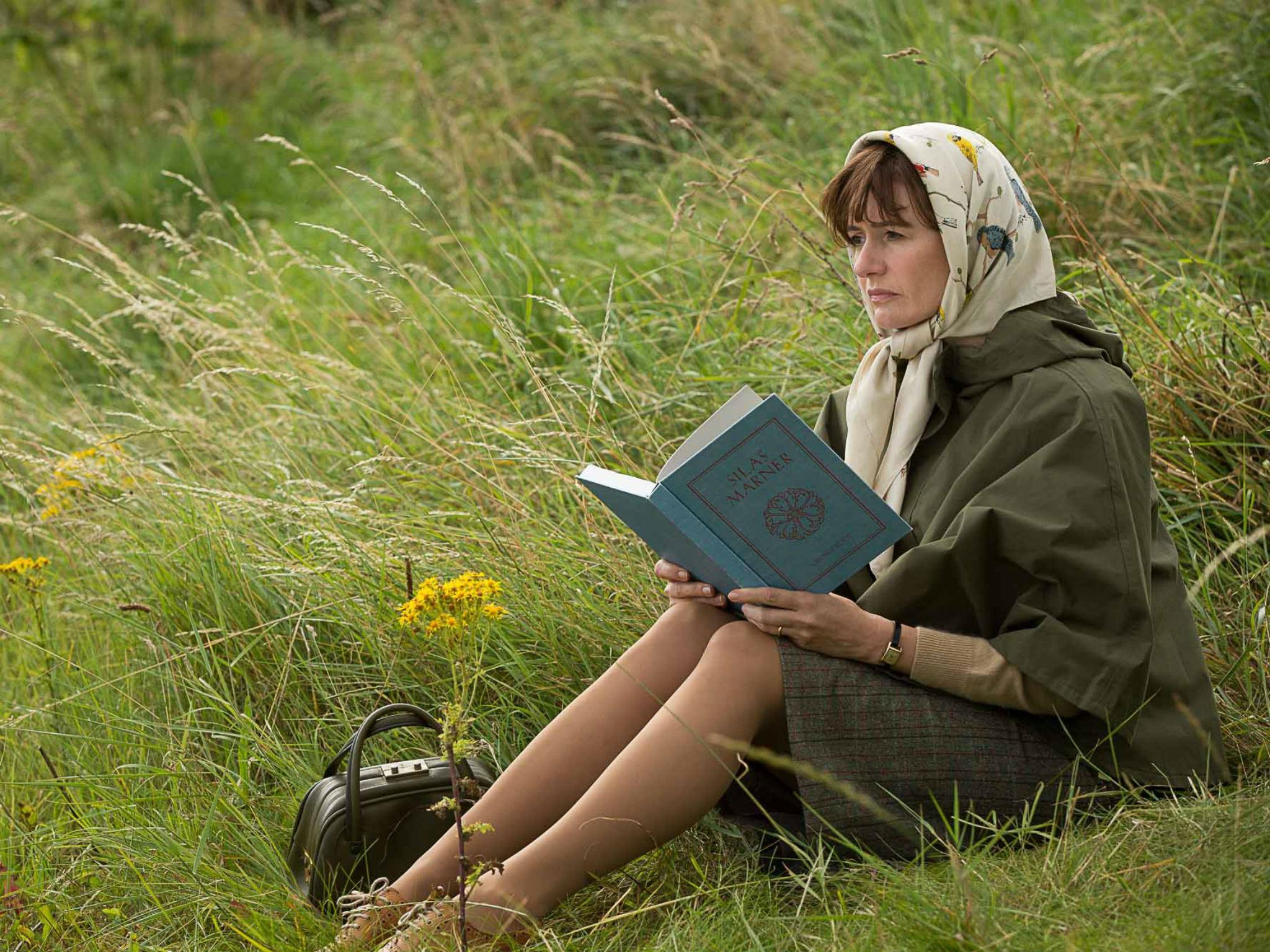The Bookshop review: An exercise in cosy heritage cinema with an edge
At times it may seem off-key but there is an irony and originality here

Dir, Isabel Coixet, 113 mins, starring: Emily Mortimer, Bill Nighy, Patricia Clarkson, Hunter Tremayne, Honor Kneafsey, James Lance
The Bookshop is an intriguing oddity: an English-set literary adaptation that unfolds in the late 1950s but that was shot in Northern Ireland and has been made by a Spanish director. It may seem like an exercise in cosy heritage cinema but it has an edge.
The project is dedicated to John Berger, the radical art critic and author who died last year. It has already been an enormous hit in Spain (perhaps because it is seen there as an allegory about the local political situation).
The film appears to be a gentle celebration of books and book lovers in a world which has little place for either but the novels most foregrounded here are subversive ones: Vladimir Nabokov’s Lolita and Ray Bradbury’s Fahrenheit 451.
In adapting Penelope Fitzgerald’s novel, writer-director Isabel Coixet takes a quietly stylised approach. In her little corner of late 1950s England, people tend to address each other by their surnames, as “Mr Brundish” or “Mrs Gamart”. Everyone is excessively polite to everyone else. Nonetheless, the little East Anglian coastal town Hardborough turns out to be a seething nest of malice, gossip and backbiting.
It is here that improbably glamorous middle-aged widow Florence Green (Emily Mortimer) has decided to open a bookshop. She has borrowed money from the bank and has taken over the Old House, a decrepit, damp-ridden property, smelling of rats, that has been empty for years.
Instead of welcoming her, some within the community, most notably the snobbish “grande dame” Violet Gamart (Patricia Clarkson), try to drive her out. Mrs Gamart has her own plans to open an arts centre.
Coixet brings a humorous but vaguely sinister feel to the storytelling. The local bank manager is more like a figure out of a Franz Kafka novel than one from an Ealing comedy. Coixet shoots Florence’s meeting with him from an oblique angle in dark light so that he seems all the creepier. Many of the other village folk are equally unsympathetic.
The smoothly spoken BBC type Milo North (James Lance) is a lazy, selfish schemer. Florence’s solicitor seems to be doing his best to undermine her. Bluff old military types turn out to be inveterate and dim-witted snobs.
In the entire community, Florence has only two real allies – Mr Brundish (Bill Nighy), an old book-loving misanthrope who lives alone and rarely ventures out, and her little assistant, Christine (Honor Kneafsey), a local schoolgirl who is tactless but always honest.
The film has a few snippets of voiceover narration from Julie Christie, playing an older version of one of the characters in the village, looking back on events from many years in the future. Much of the pleasure here lies in the barbed, unexpectedly vicious storytelling style. Clarkson enjoys herself as the loathsome Mrs Gamart, who speaks in a cut-glass accent but whose manners can’t hide her malevolence.
Bill Nighy gives a typically brisk and non-nonsense performance as the outwardly misanthropic Mr Brundish. Emily Mortimer shows both tenacity and exasperation at the welcome she receives in the village she is trying to brighten.
The Bookshop benefits from being made by an outsider. At times, it may seem off-key but there is an irony and originality here that you wouldn’t find if a British director had been calling the shots.
‘The Bookshop’ hits UK cinemas 29 June
Join our commenting forum
Join thought-provoking conversations, follow other Independent readers and see their replies
Comments
Bookmark popover
Removed from bookmarks